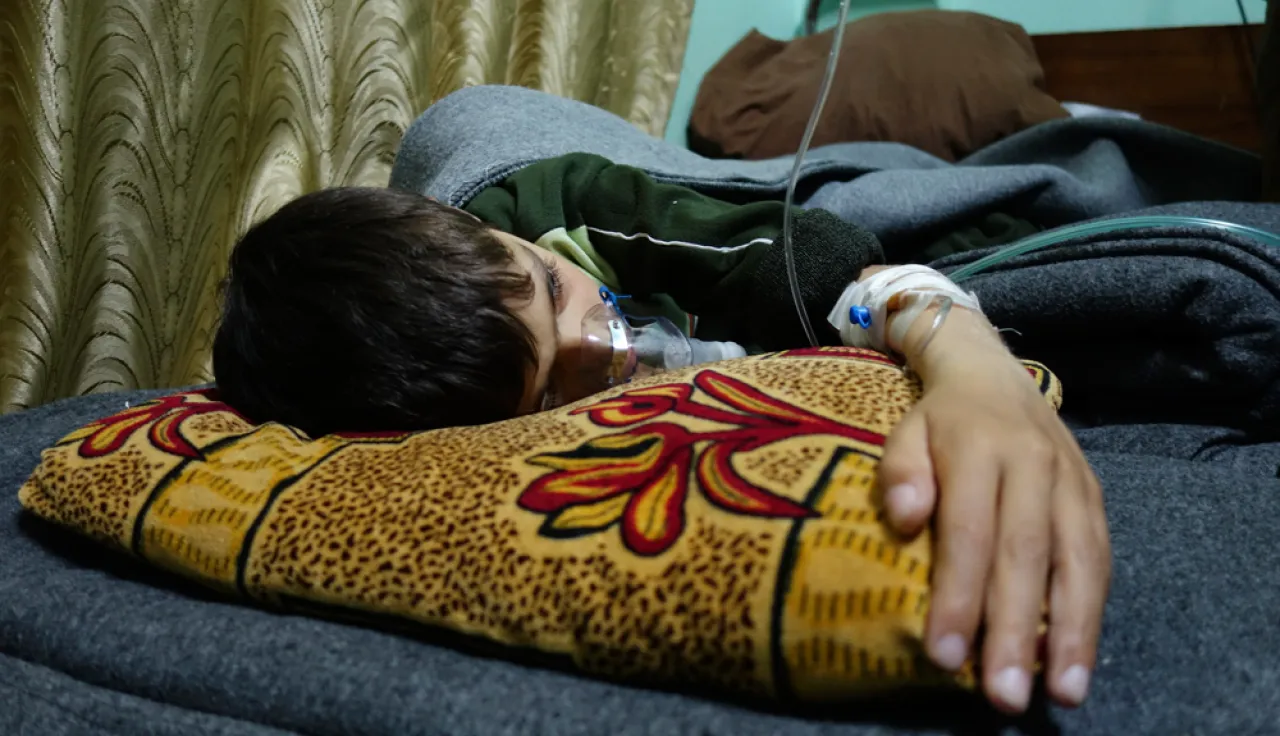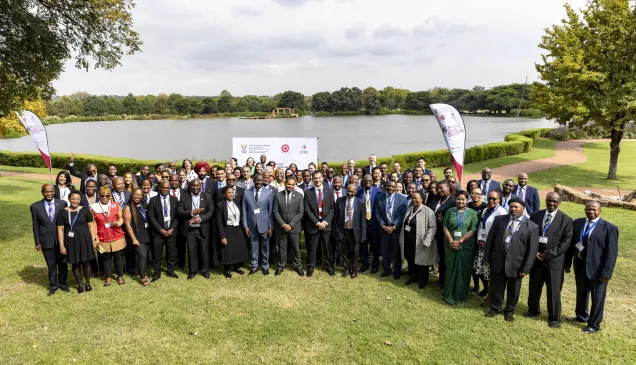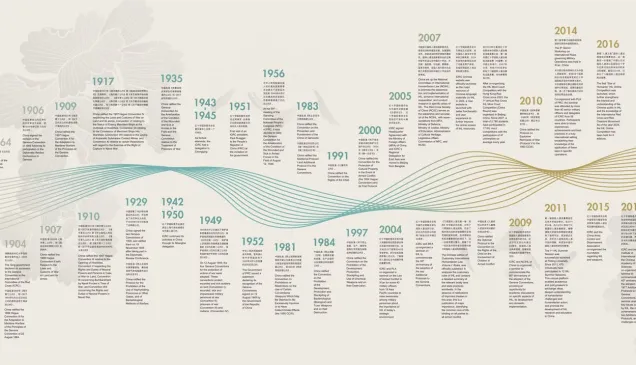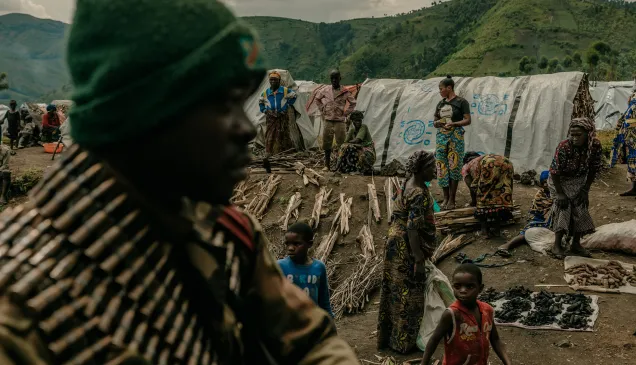Safeguarding health care: The role of Geneva’s permanent missions

Contribution by the Swiss Federal Department of Foreign Affairs
United Nations Security Council Resolution 2286 is the latest in a series of decisions calling for the protection afforded to medical facilities and personnel to be strengthened. What role can Geneva as a humanitarian hub play in implementing these landmark resolutions?
United Nations Security Council Resolution 2286 is a significant achievement at a multilateral level. Alongside key resolutions from the United Nations General Assembly, the World Health Assembly, ECOSOC's Humanitarian Affairs Segment, and the International Conference of the Red Cross and Red Crescent, it calls for further efforts and additional measures to better protect medical facilities and personnel. Taken together, these texts reaffirm the continued relevance of international law – including international humanitarian law and international human rights law – and send out a strong political signal at the highest multilateral level on the need to comply with international law. However, since Resolution 2286 was adopted in May 2016, health-care facilities and personnel have continued to suffer from attacks, which, in addition to causing injury, death and destruction, mean that vast parts of the population are deprived of health care. The challenge today therefore clearly lies in implementing the law.
since Resolution 2286 was adopted in May 2016, health-care facilities and personnel have continued to suffer from attacks
Resolution 2286 contains a range of specific recommendations. These include, inter alia: adhering to relevant international treaties; ensuring that medical ethics are protected both legally and practically; promoting regular cooperation and sharing of best practices; exerting influence to ensure respect ofthe law and national implementation of international law through norms and standards; and raising awareness of the law and fostering a culture of respect. Also of paramount importance are: education and training for weapon bearers (this would include the principle of providing medical assistance to the enemy); incorporating precautionary measures and the principles of distinction and proportionality into all military operations; the need for full, prompt, impartial and effective investigations if incidents occur; and accountability.
Many of these aspects resonate with Geneva. As a humanitarian hub, it is uniquely placed to combine operational expertise with policy outreach in order to ensure that the obligation to safeguard health-care services is met. Much is already happening, such as the ICRC's Health Care in Danger initiative or the World Health Organization's Attacks on Health Care programme, as well as campaigns and research by leading civil society organizations like Médecins Sans Frontières. These organizations were key partners in drafting Resolution 2286, which was tabled by five non-permanent members from all geographic regions and adopted unanimously by the United Nations Security Council. It is therefore not surprising that Geneva will play a complementary role in implementing the resolution. But what does this mean for permanent missions in Geneva?
First, permanent missions can play a key connecting role in sharing information between New York, Geneva and respective capitals, as well as with operational agencies. To promote dedicated action on implementing Resolution 2286 and support existing efforts, Switzerland and other Member States are seeking to make maximum use of the simultaneous presence of the International Red Cross and Red Crescent Movement and United Nations agencies such as the Office of the High Commissioner for Human Rights and the World Health Organization, as well as other key agencies and fora, the Human Rights Council, and civil society organizations. This is part of Switzerland's broader commitment to protecting civilians – a foreign policy priority – through ensuring respect of international law, direct implementation of humanitarian action, funding for humanitarian agencies, and multilateral work.
Second, permanent missions can contribute to keeping the momentum going, discussing and sharing good practices, and promoting the need for national action, including through outreach to parliaments and national medical associations. Switzerland encourages all Member States to advocate for the implementation of Resolution 2286 and other decisions concerning medical services.
permanent missions can contribute to keeping the momentum going, discussing and sharing good practices, and promoting the need for national action, including through outreach to parliaments and national medical associations
Third, by involving both diplomatic staff working on humanitarian affairs and those working on health matters, permanent missions can contribute to a broader understanding of the measures needed. This is a prerequisite for sustainable health care and involves not only humanitarian, but also development, human rights and peacebuilding work.
Health Care in Danger is an initiative of the International Red Cross and Red Crescent Movement to make access to, and delivery of, health care safer in armed conflict or other emergencies. This initiative calls for the respect and protection of health-care workers, facilities and vehicles and the implementation of a series of recommendations and practical measures to safeguard health-care services and their humanitarian mission. This initiative is supported by a number of partners, individuals and organisations, members of the Health Care in Danger Community of Concern.
For more information:
- Visit the Health Care in Danger website
- Join our online community
- Follow @HCIDproject on Twitter and join our call to #protecthealthcare
- Sign up to our newsletter and stay informed



